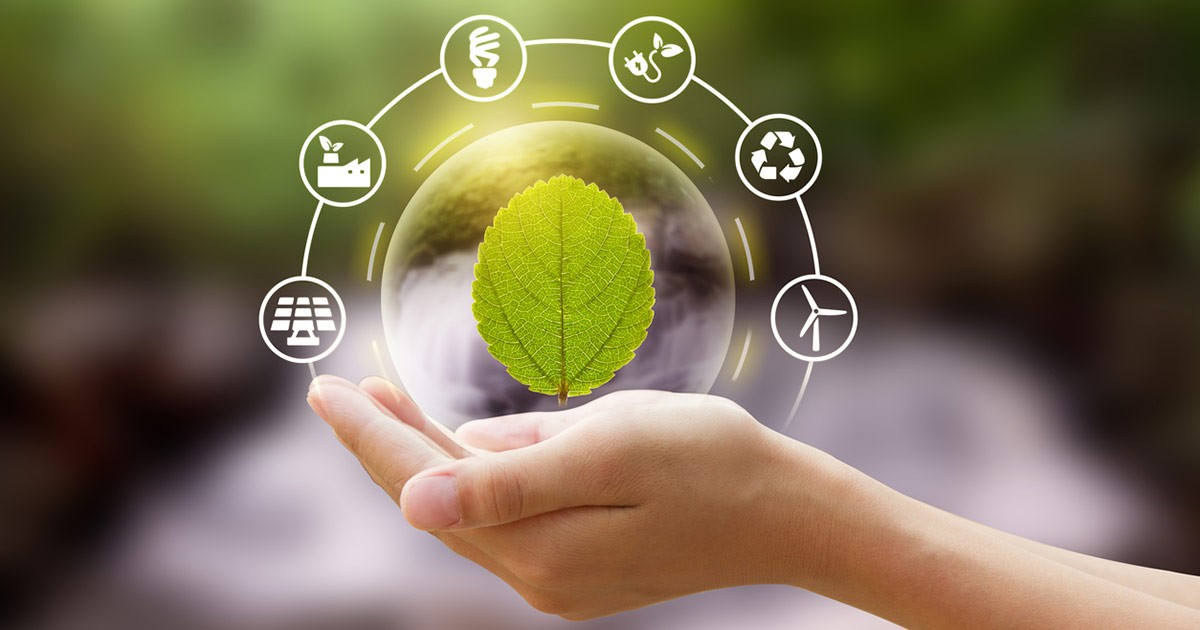In an era dominated by heightened environmental awareness, startups are assuming a pivotal role in integrating sustainable practices into their core operations and product offerings. As the global community confronts the exigencies of climate change and dwindling resources, the commitment of startups to developing green solutions is becoming increasingly critical. In this discourse, we will meticulously examine the myriad ways startups can adopt sustainable technologies, not merely to mitigate their ecological impact but to position themselves strategically in an era where consumers and investors prioritize environmentally responsible endeavors.
1. Embracing Renewable Energy Paradigms
A palpable and transformative step towards sustainability involves the adoption of renewable energy sources. Solar panels, wind turbines, and analogous green energy solutions present a cleaner alternative to conventional power sources. Beyond merely reducing the carbon footprint, such initiatives offer startups a viable pathway to substantial long-term energy cost reductions. Implementing on-site solar panels, for instance, can yield substantial environmental and economic dividends.
2. IoT Integration for Energy Efficiency Enhancement
The Internet of Things (IoT) stands out as a formidable tool in the pursuit of sustainability. Startups can harness IoT devices to meticulously monitor and optimize energy utilization. Smart sensors and interconnected devices facilitate real-time data acquisition, empowering businesses to discern areas of inefficiency and enact energy-conserving measures. This not only aligns with ecological objectives but concurrently contributes to enduring financial prudence.
3. Circular Economy Framework: Mitigating Waste through Innovations
The emergent concept of a circular economy signifies a paradigm shift from traditional linear economic models. Startups are at the forefront of this transformation, concentrating on sustainable production and consumption cycles. This entails designing products with inherent recyclability, employing renewable or biodegradable materials, and innovating business models, such as product-as-a-service, to curtail waste generation.
4. Eco-Friendly Supply Chain Orchestration
The commitment to sustainability should extend beyond a startup’s immediate operations into the intricate web of its supply chain. By forging alliances with suppliers who share green values, startups can ensure the holistic adherence of their ecosystem to environmentally sound practices. This might encompass sourcing materials locally to curtail transportation emissions, selecting suppliers with robust environmental protocols, or investing in initiatives that offset the ecological impact of the supply chain.
5. Sustainable Packaging Innovations
The ecological repercussions of packaging have assumed global significance. Startups can wield considerable influence by adopting sustainable packaging solutions. This involves utilizing recycled materials, designing packaging that is easily recyclable or biodegradable, and minimizing superfluous packaging. Such endeavors not only contribute to lessening the environmental footprint but also resonate positively with conscientious consumers.
6. Harnessing Artificial Intelligence for Sustainability
Artificial Intelligence (AI) emerges as a potent force in revolutionizing sustainability efforts. Startups can deploy AI algorithms to optimize energy consumption, forecast maintenance requirements for equipment to avert wastage, and scrutinize extensive datasets to pinpoint areas for improvement in sustainable practices. AI-driven solutions not only contribute to heightened operational efficiency but also translate into a diminished environmental impact.
For startups eager to harness the transformative power of Artificial Intelligence in their sustainability initiatives, Lemon.io provides a platform to connect with skilled developers specializing in AI technologies, ensuring the seamless integration of cutting-edge solutions into their eco-conscious strategies: https://lemon.io/.
7. Sustainable Transportation Imperatives
For startups enmeshed in transportation or logistics, the adoption of sustainable practices becomes imperative. This may encompass employing electric vehicles, refining delivery routes to curtail fuel consumption, or exploring alternative transportation modalities like drones or electric bikes. Prioritizing sustainable transportation not only markedly diminishes the carbon footprint but also contributes to the creation of eco-friendly urban landscapes.
8. Employee Engagement in Sustainable Practices
Sustainability transcends technological solutions; it encompasses the cultivation of a corporate culture steeped in environmental responsibility. Startups can actively involve their employees in green initiatives, promoting eco-friendly commuting options, implementing waste reduction programs within the office, and advocating for the use of reusable materials. Employee engagement in sustainability not only burnishes the company’s green credentials but also fosters a collective sense of accountability.
Conclusion: Forging a Sustainable Trajectory for Startups
In the dynamic intersection of technology and commerce, startups wield significant influence in propelling innovation and effecting change. As the global community contends with environmental challenges, startups stand as vanguards in the realm of sustainable tech solutions. Through the adoption of renewable energy, the strategic infusion of IoT technologies, the assimilation of circular economy principles, and the pervasive integration of sustainable practices, startups not only curtail their environmental impact but position themselves attractively to discerning consumers and investors. The trajectory toward sustainability is not merely an ethical obligation but a strategic imperative, affording startups the opportunity to thrive in an era where green solutions are increasingly cherished.
